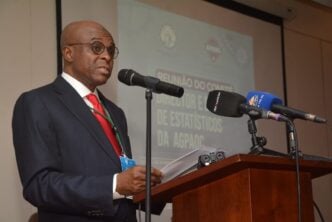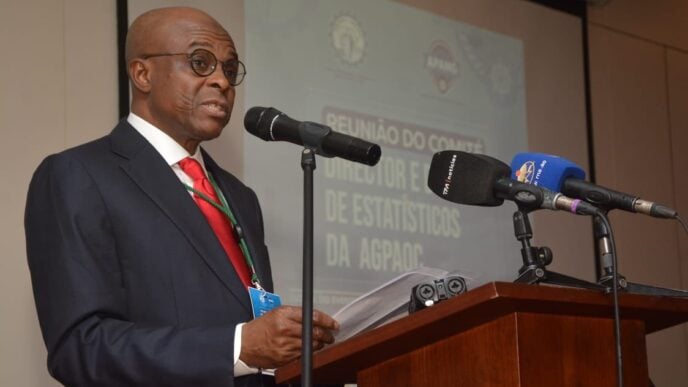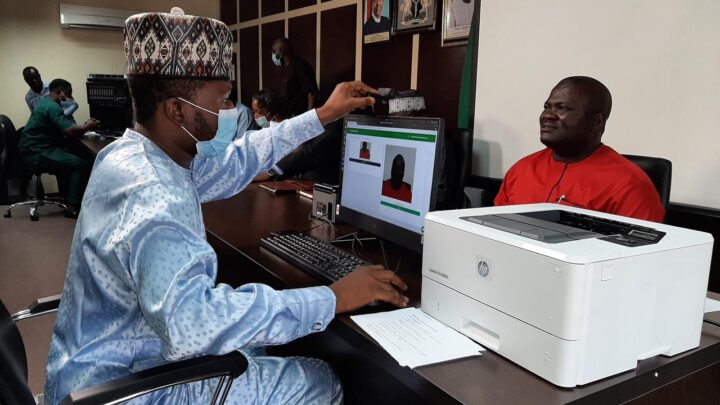BY ARIWOOLA SAMUEL AKINWALE
My attention was recently drawn again to a piece written by Reno Omokri on the supposed irrelevance of liberal courses—an argument I had previously chosen to ignore. Reno, a Nigerian popular social media influencer and author, expanded his list of “obsolete” courses in Nigerian universities to include Accountancy. His earlier list already included Sociology, Political Science, Philosophy, Public Administration, Anthropology, International Relations, and Linguistics. In this essay, I argue in defence of liberal education and the danger of discarding it in a technological age.
He posits that AI will soon render these courses irrelevant. His argument became even more intriguing when he stated that courses like Banking and Finance, Economics, Education, Nursing, and Psychology will remain relevant because they require a level of empathy that AI cannot provide.
He argued, for example, that Accountancy as a profession is being replaced by AI, which can outperform humans in accuracy and efficiency. However, he failed to mention that the discipline of Accountancy will still be essential for making sense of financial data, guiding business decisions, and maintaining oversight. In other words, accounting expertise will remain indispensable, even if its forms evolve.
Advertisement
Futuristic thinkers approach the subject of AI-driven disruption with caution. The future remains unclear, and we cannot yet predict the full impact of automation on human labor. What we do know, however, is that when technology displaces humans in one area, it often creates opportunities in another—often requiring the same displaced workers to simply retrain or upskill.
When typists were displaced by the computer, many of them transitioned into secretarial or administrative roles, applying their existing skills to new tasks. Today, those same keyboarding skills are essential for anyone working with Microsoft Office tools. Similarly, roadside artists have evolved into graphic designers or upgraded their skills to remain relevant.
I found it particularly baffling when Reno boldly claimed that International Relations would become irrelevant. That is clearly absurd. Do we now understand global diplomacy so thoroughly that we no longer need experts to guide our interactions with the rest of the world?
Advertisement
The same could be said of Sociology and Political Science. These fields remain as relevant as ever. Reno’s argument does not question the inherent value of these disciplines, but rather the job prospects of their graduates in an AI-dominated future. His concern seems to be that liberal arts graduates will be rendered jobless by AI disruption.
While it’s true that many liberal courses are non-professional, their graduates are found in almost every field—education, business, military, agriculture, transportation, aviation, telecommunications, public relations, and media. These disciplines equip individuals with transferable skills that are useful across a wide range of careers. More importantly, a well-trained liberal arts graduate possesses the capacity for lifelong learning, critical thinking, and self-reinvention.
Unfortunately, discussions about unemployment in Nigeria often reduce the issue to the so-called failure of our tertiary institutions to produce entrepreneurs. Politicians repeatedly argue that joblessness stems from the lack of technical and marketable skills among graduates—many of whom, they claim, come from liberal disciplines. This is far from the truth.
Yes, our educational system has its flaws. But the problem of unemployment is not caused by liberal arts graduates—it is rooted in broader economic failures, weak policy implementation, and poor long-term planning.
Advertisement
In any case, we will continue to need a sizeable number of graduates in these disciplines. If they are well-trained, they will find ways to apply their knowledge meaningfully. Their futures, as with all professionals, depend on how they use their imagination and continue to develop themselves.
A narrow conception of education from a utilitarian angle is fatalistic to democratic health and sustainability. Education should not be aimed chiefly at producing workers, but at the development of human beings; liberal education fosters critical thinking skills, emotional intelligence, and empathy or what Martha Nussbaum calls the “capacity of the soul”: the ability to think, reflect, and imagine.
Similarly, Falola echoes this view that liberal education is essential for nation building, cultural understanding and leadership development in Africa. In fact, Ngugi wa Thiong’o argues that the legacy of colonisation would continue to haunt Africa unless it undergoes intellectual liberation made possible through decolonisation of the mind that liberal education gives.
Interestingly, many of today’s tech giants did not strictly emerge from STEM backgrounds. B Elon Musk studied Physics and Economics; Mark Zuckerberg majored in Computer Science and Psychology. When Steve Jobs dropped out of college, he took a course in calligraphy—an experience he later credited for inspiring the beautiful fonts on Apple systems. “If I had never dropped in on that single course,” he once said, “the Mac would never have had multiple typefaces or proportionally spaced fonts.”
Advertisement
STEM education is crucial to national development, and AI definitely will continue to disrupt many fields. But the essential skills needed for national and human development should not be sacrificed on the altar of utilitarian education alone. Mahatma Gandhi warned us that one of the greatest evils that would destroy the world is “science without humanity”. Striking that delicate balance between STEM and liberal education is the way forward in our effort towards nation-building and development.
Ariwoola Samuel Akinwale wrote this piece from Lagos. He can be contacted via [email protected]
Advertisement
Views expressed by contributors are strictly personal and not of TheCable.











